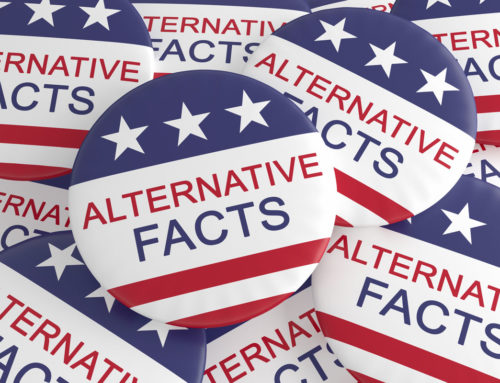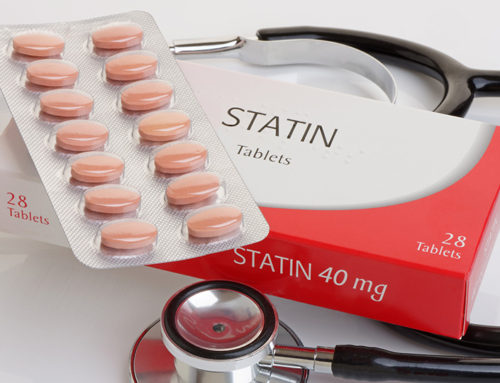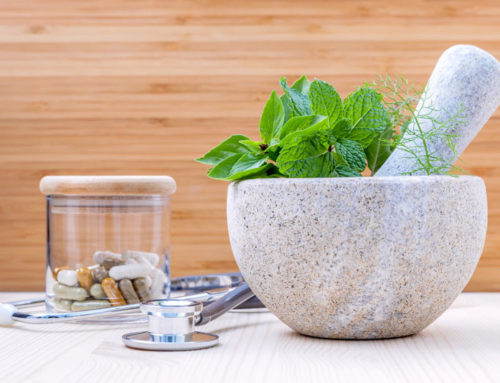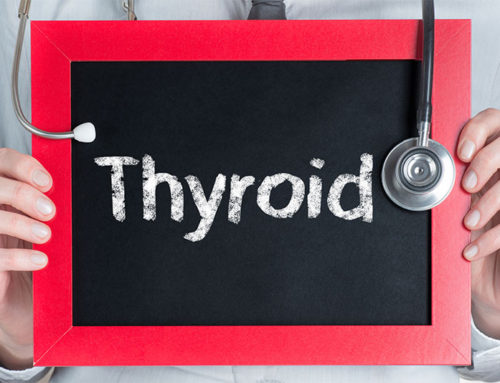A new study in the journal Circulation found men who consumed a 12-ounce sugar-sweetened drink every day had a 20% higher risk of heart disease compared to men who didn’t drink them.
The study tracked primarily Caucasian middle-aged men, all in healthcare professions, for 22 years. Every two years, these participants completed questionnaires that inquired about diet and other lifestyle factors.
Participants also gave a blood sample, which measured various lipids and proteins that provide markers for heart disease:
- the inflammation marker C-reactive protein (CRP)
- triglycerides
- high-density lipoproteins (HDL cholesterol)
No surprise in the findings…
The men who daily gulped a sugary drink had higher triglyceride and CRP levels, as well as lower HDL levels, compared to non-sugar beverage drinkers.
Researchers found that neither men who only occasionally drink these sugary beverages (maybe every few weeks), nor those who consume artificially sweetened drinks, increase their risk for heart disease.
The American Heart Association recommends no more than about 150 calories for men and 100 for women every day to come from sugary drinks.
My advice would be not to touch these drinks, period. They provide little if any nutrients and empty calories.
I’m not just talking about soda here. I see people who know Coke is bad buy fruit juice or an energy drink that manufacturers market as healthy.
Reality check: some of these juices and energy drinks pack more sugar than a Coke.
Same deal with tea. I’m all for drinking green tea, but not when it’s loaded with sugar and other preservatives like many bottled teas are.
And don’t be misled by “healthy” sugars. You might think you’re making a healthier choice with organic cane sugar or whatever, but your pancreas doesn’t know the difference.
Whether it’s high-fructose corn syrup or organic whatever, you’re going to raise your blood sugar, which means you raise insulin. Insulin stores fat and creates all sorts of metabolic havoc that leads to diabetes, heart disease, and other complications.
And while we’re talking sugars that are marketed as healthy…
Can we please put this agave nonsense to rest?
Health food stores are stocked with agave-sweetened drinks and foods, and it’s the biggest marketing scam of the past few years.
Agave is about 90% fructose, which doesn’t raise insulin levels but creates even worse damage. Your liver poorly metabolizes fructose, which eventually can lead to fatty liver and inflammation. Fructose eventually gets repackaged as triglycerides, which store quite nicely around your waist.
So nix the agave, okay?
I also don’t recommend artificially sweetened drinks. Many contain aspartame, a potential neurotoxin that creates a lot of trouble for people.
My point is, read your labels. Manufacturers hide sugar and artificial sweeteners under innocuous names. Learn them, and learn to put anything that doesn’t meet your standards back on the shelf.
If you’re at a gas station or wherever and need a cold drink, look for one sweetened with stevia or xylitol. These are both beneficial natural sweeteners that don’t raise blood sugar levels or stress the liver.
Lemon or lime flavored seltzer waters and mineral waters are also a great idea.
Of course, if you’re at a Starbucks or your favorite coffee place, you can order green tea or coffee, either iced or hot. Just specify unsweetened, since some of the iced drinks come pre-made with sugar.
Your best bet would be to brew your own tea at home. Make a gallon pitcher of green tea, sweeten it with stevia or xylitol, and carry it in a Sigg bottle when you’re out. You’ll save money and improve your health.














What about honey? Is it bad or good?
Thanks,
Judy